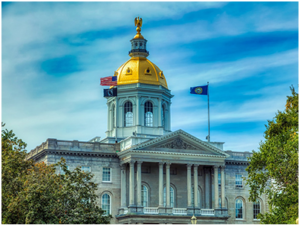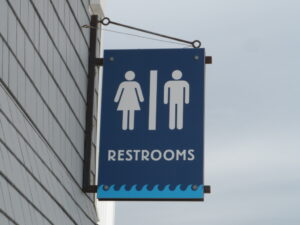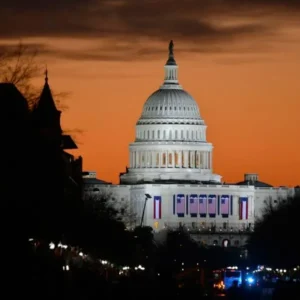Bedford is a unique position in terms of politics. We are a suburb of Manchester, which is a left-leaning city of more than 110K citizens, the largest city in a purple state which is the most conservative of all New England states. Bedford is a reflection of that story, but more. It also encompasses its own story. To understand the voter, the ballot, and the candidates, and importantly, the results, one must understand the economic, social, demographic and emotional factors that come into play that determine results and governance.
Before we focus on the factors that come into play, let us look at the Bedford New Hampshire voting record, in addition to who governs over our respective districts. This goes beyond races that elect officials; factor preferences greatly influence budget policies and town elections. We will take into account historical voting preferences, the recent presidential elections as well as primaries, and the previous town and school ballot.
Bedford is encompassed by Hillsborough District 2 for our State House. After the districts were redrawn, we have 7 representatives, and our town is the only location represented by the district, as a result of the moderate population of Bedford. 5 out of 7 representatives are Republicans, only 2 are Democrats, Catherine Rombeau (D) and Loren Foxx (D). Our State Senator is also a Republican, Denise Ricciardi. However, when we look at the ballot once again, we see that we voted in favor of Chris Pappas, a U.S representative, to govern over the 1st congressional district. He won by the end of the day with over 5% of the vote. Our U.S. senators, both who were not on the ballot this election season, were not to be voted for. For president, Bedford was won by Kamala Harris by a small margin, although she ended up losing the race to Donald Trump. The tough race between former mayor of Manchester, Joyce Craig, and former senator and attorney general Kelly Ayotte ended with Kelly Ayotte winning by nearly 10% statewide. Additionally, Republican John Stephen won for the Executive Council.
Now, the reasons for this ideological mix? Firstly, let’s clarify that New Hampshire has always been, and will likely continue to be a moderate state, which some call purple states. Fiscally center-right, socially moderately liberal. Since Granite Staters dislike taxes, they know that voting for anti-tax candidates will help them, particularly at the local level. Thus, many vote for Republican candidates for local offices, and as well as for the NH House, Senate, and Executive Council. Bedford, which is one of the wealthiest towns, has many wealthy individuals who dislike higher taxes in any form, from electricity to zoning to even additional funding towards local schools. One of the main reasons that Chris Sununu, and now Kelly Ayotte, won overwhelmingly, is that they have name recognition and are tax moderates, both qualities a tight knit state like New Hampshire appreciates. However, as we depart from state politics, we get slapped with a blue wave as we try to approach Washington D.C., just another captivating topic about our state’s and town’s politics. Our town aligned with the state majority to vote for Democrats Jeanne Shaheen and Maggie Hassan for the US Senate (2020, 2022), and Democrats Chris Pappas (2024) and Maggie Goodlander (2024) for the US House. But the reason is very difficult to explain. Name recognition plays a big part in our politics, but it is also likely that federal elections are more likely researched than local ones, thus they are often voted in favor of Democrats who receive more college educated votes. The smaller elections are driven by tax perspective, but greatly party lines, and in these elections Republicans have the upper hand.
So as this article comes to an end, perhaps ask someone older in your family who they voted for? Also ask them why? This may teach one a lot from the personal perspective. To note, 2026 midterms are upcoming, and as incumbent Democrat Jeanne Shaeen is not running once more for the US Senate, the race is opening up as current Rep. Chris Pappas is likely to run, and Chris Sununu is spectating though quite open to the run. If he chooses to run it is likely to be a competitive race, but with Sununu’s long personal record as Governor, polls show him leading in hypothetical polling by over a 9 point margin to Chris Pappas.












